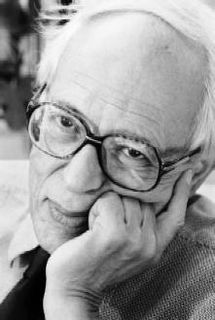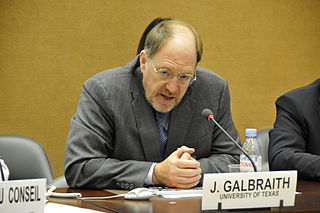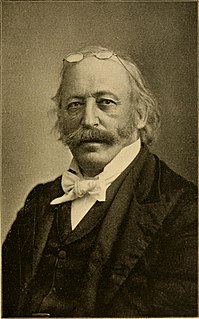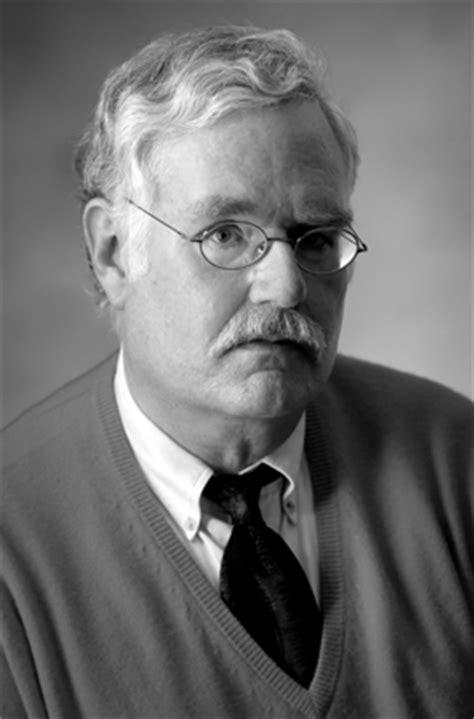A Quote by Abraham Pais
Some years ago John Kenneth Galbraith wrote in an essay on his efforts at writing a history of economics: 'As one approaches the present, one is filled with a sense of hopelessness; in a year and possibly even a month, there is now more economic comment in the supposedly serious literature than survives from the whole of the thousand years commonly denominated as the Middle Ages ... anyone who claims to be familiar with it all is a confessing liar.' I believe that all physicists would subscribe to the same sentiments regarding their own professional literature. I do at any rate.
Quote Topics
Ages
Any
Anyone
Approaches
Believe
Claims
Comment
Commonly
Confessing
Economic
Economics
Efforts
Essay
Even
Familiar
Filled
His
History
Hopelessness
I Believe
John
Kenneth
Liar
Literature
Middle
Middle Age
Middle Ages
Month
More
Now
Own
Possibly
Present
Professional
Rate
Regarding
Same
Sense
Sentiments
Serious
Some
Subscribe
Supposedly
Than
Thousand
Thousand Years
Whole
Would
Writing
Wrote
Year
Years
Years Ago
Related Quotes
Without any extraordinary effort of genius, I have discovered that nature was the same three thousand years ago as at present; that men were but men then as well as now; that modes and customs vary often, but that human nature is always the same. And I can no more suppose, that men were better, braver, or wiser, fifteen hundred or three thousand years ago, than I can suppose that the animals or vegetables were better than they are now.
I can't resist telling you that when the Vienna Economics Institute celebrated its centennial, many years ago, they invited, as their keynote speaker, my father [John Kenneth Galbraith]. The leading economists of the Austrian school- including von Hayek and von Haberler - returned for the occasion. And so my father took a moment to reflect on the economic triumphs of the Austrian Republic since the war, which, he said, "would not have been possible without the contribution of these men." They nodded - briefly - until it dawned on them what he meant. They'd all left the country in the 1930s.
In the Middle East, America has spent as of four weeks ago $6 trillion. Think of it. And, by the way, the Middle East is in what - I mean, it's not even close - it's in much worse shape than it was 15 years ago. If our Presidents would have gone to the beach for 15 years, we would be in much better shape than we are right now, that I can tell you.
It seems to me that literature is giving way a little bit to the immediacy of other diversions, other forms of entertainment. What will it be in fifty years? I don't know. Will there be printed books? Probably, but I'm not sure. There's always going to be literature, though. I believe that. I think literature has a way of getting deep into people and being essential. Literature has its own powers.
When I began my career as a cosmologist some twenty years ago, I was a convinced atheist. I never in my wildest dreams imagined that one day I would be writing a book purporting to show that the central claims of Judeo-Christian theology are in fact true, that these claims are straightforward deductions of the laws of physics as we now understand them. I have been forced into these conclusions by the inexorable logic of my own special branch of physics.
Either [Jesus] was what he said he was or he was the world's greatest liar. It is impossible for me to believe a liar or charlatan could have had the effect on mankind that he has had for 2000 years. We could ask, would even the greatest of liars carry his lie through the crucifixion, when a simple confession would have saved him? ... Did he allow us the choice... to believe in his teaching but reject his statements about his own identity?
Years later, I figured out why he (Ivan Karp) was such a successful art dealer-this may sound strange, but I believe it was because art was his second love. He seemed to love literature more, and he put the serious side of his nature into that...Some people are even better at their second love than their first, maybe because when they care too much, it freezes them, but knowing there's something they'd rather be doing gives them a certain freedom.
Kenneth Rexroth took me under his wing for a brief period. I was fifteen years old, and I was smoking a lot of heroin and trying to be cool, man, and I really loved poetry. And Kenneth convinced me that destroying myself was not really the best possible solution, and that I needed to look at the world's literature, and not just my own life, in order to be hip, if you will. So he had a huge influence on what became of me thereafter.





































